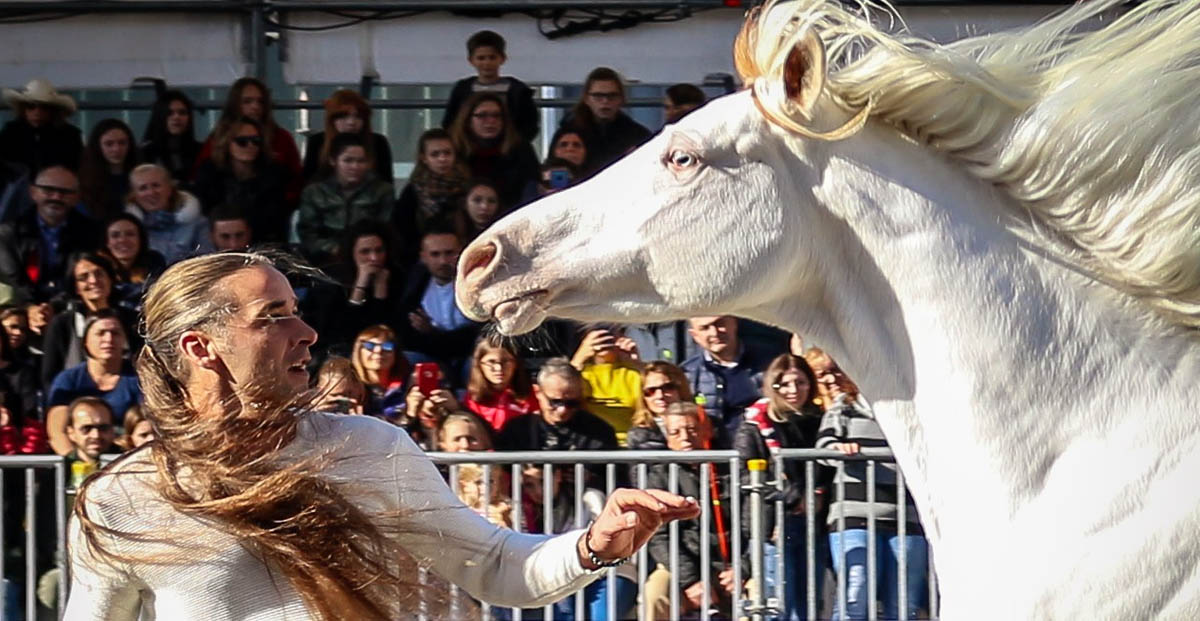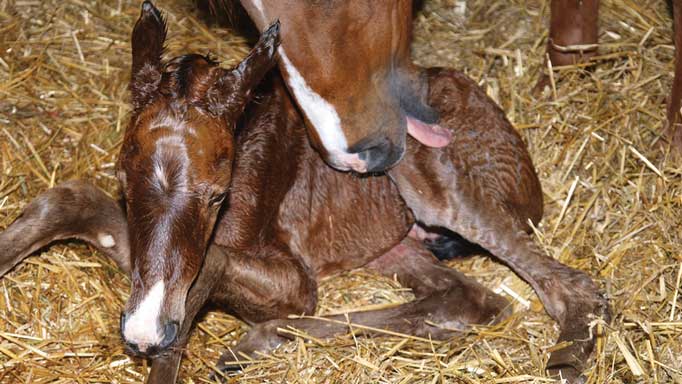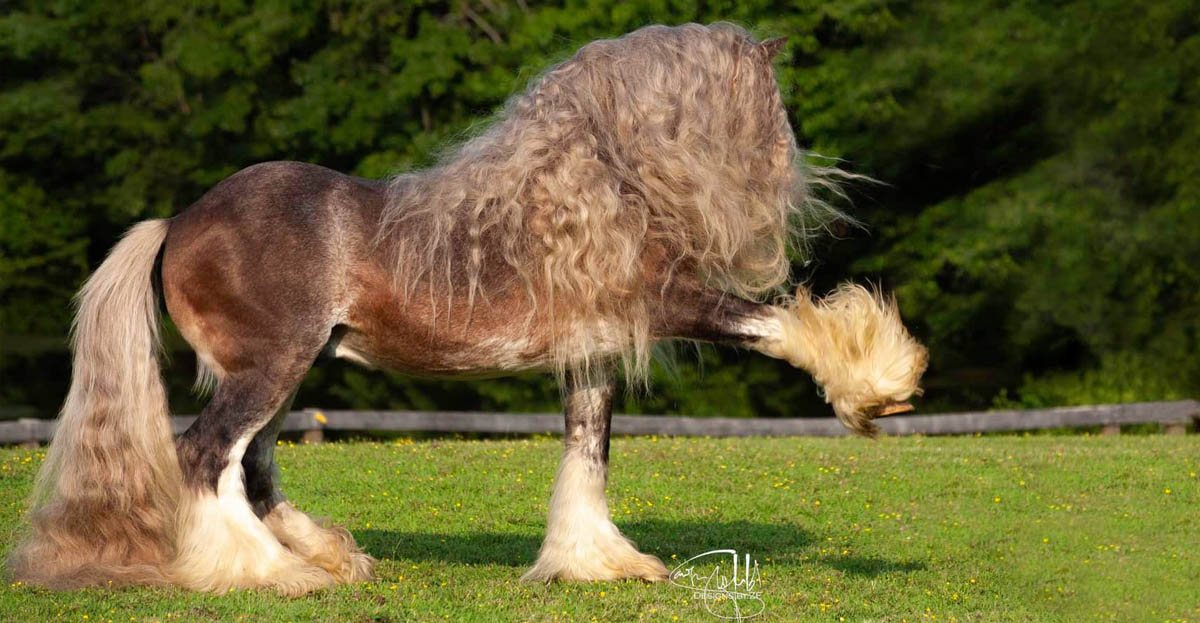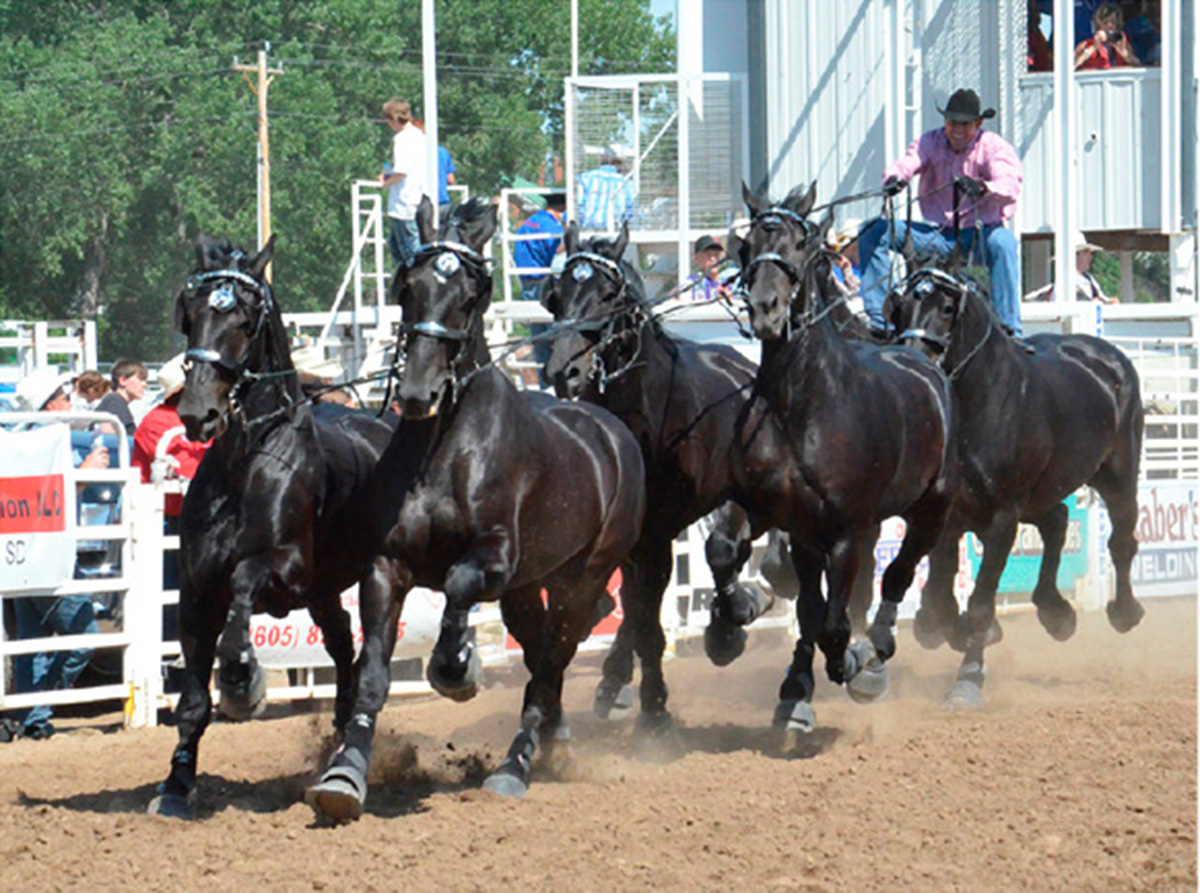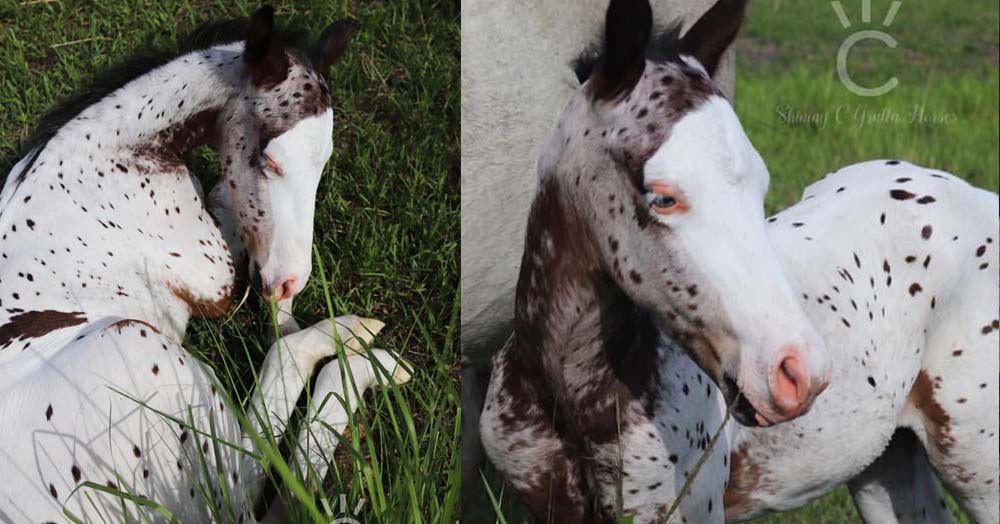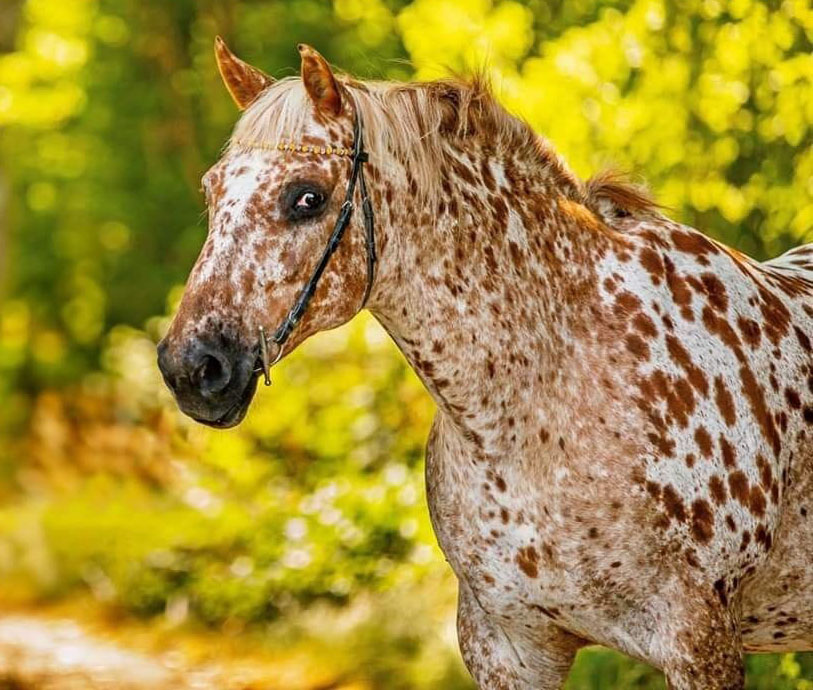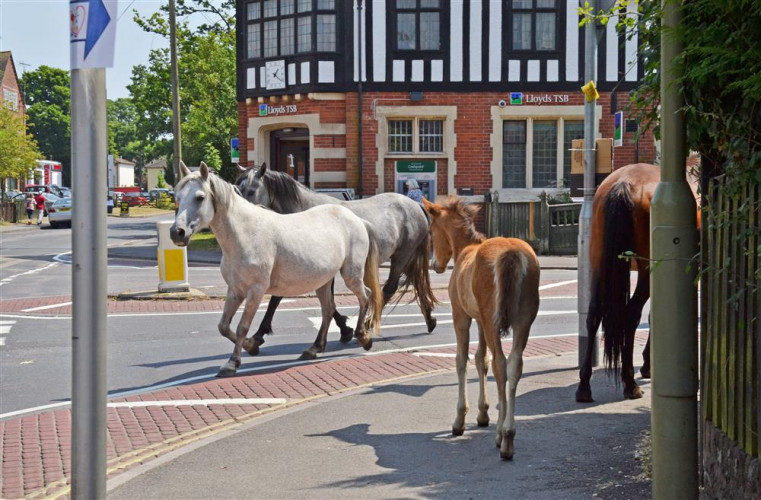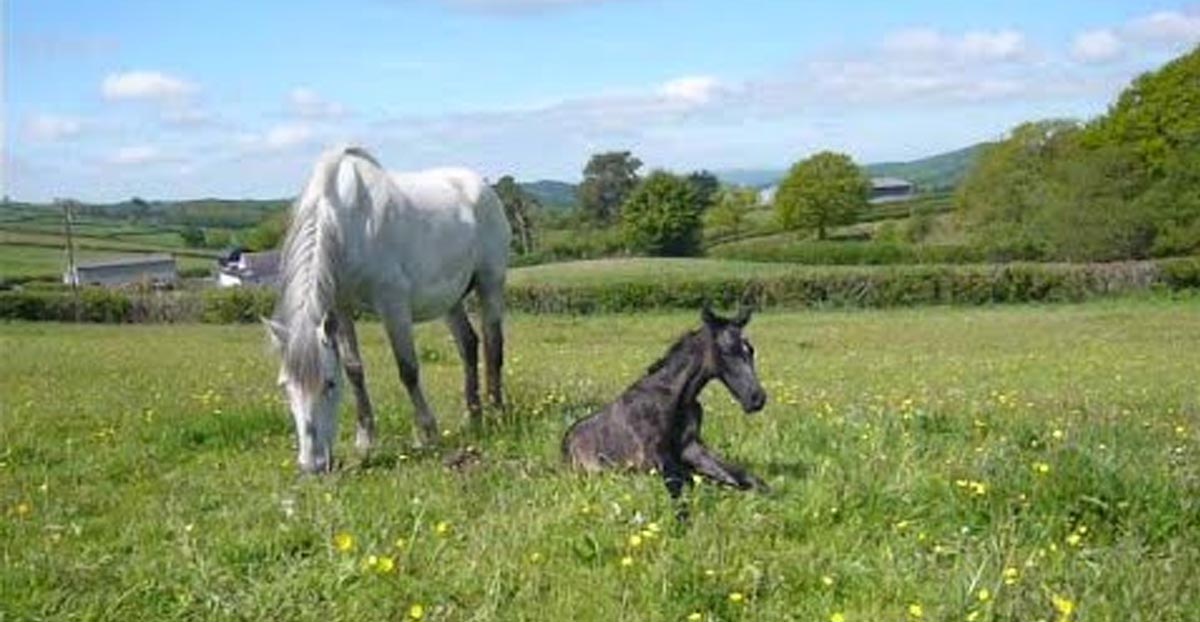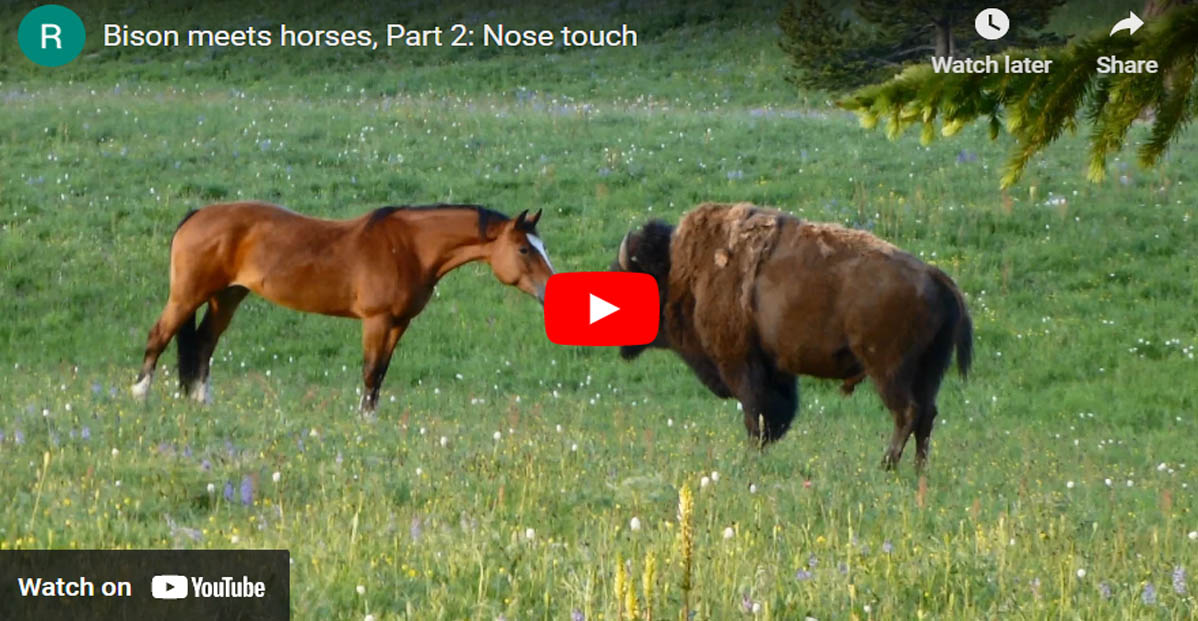How To Deal With Ragwort
Like many animals and humans, horses are susceptible to a wide range of illness and health problems. Not all of them are serious, but they can sometimes be a pain to deal with. Sometimes, the cause of the illnesses is what can be a nightmare. One of these is ragwort, a plant that commonly thrives in wasteland along with weeds. Ragwort can be fatal to horses and other livestock as it contains toxic compounds, which affect the liver.
There are a few ways you can eradicate this dangerous plant from your horses` areas and also keep your horses as safe as possible.
Be Able To Identify Ragwort
Being able to identify ragwort is the first most important thing you can do in order to keep your horses safe. If you can`t recognize it, you won`t know when it`s around and when it`s coming back. The plant has yellow daisy-like flowers that are usually very small, at most 2cm in diameter. Ragwort can be quite tall as well and easy to spot, sometimes growing up to a height as much as two meters.

Ragwort only blooms for a couple of months a year, making it a bit harder to spot during the rest of the time, so it`s important to also be able to tell the symptoms of ragwort poisoning in your horse as well. This can include depression, loss of appetite, diarrhea, sunburn, head pressing against solid objects, restlessness, yellowing in the eyes and gums and even loss of consciousness.
Pulling and Digging Ragwort
The most straightforward way to get rid of ragwort is to remove them directly from the ground when the plant is immature. If you`re digging it out you need to make sure you get all the roots, otherwise it can grow back. Once you pull out the ragwort, you should put it rock salt as it kills any remaining roots, before closing up the whole again.

Cutting
You can also cut ragwort to reduce seed production and give yourself some time to deal with the full-on problem later, but this will only be a temporary solution, as it will grow back almost immediately.
Herbicides
As with any plant, herbicides can kill ragwort, but you should be more careful with it as you don`t want your horses to be ingesting the herbicide and getting sick from that. There are also some herbicides that are natural and non-toxic so you can eradicate ragwort but also not endanger your horses as well.
Ragwort is a pain, that`s not a doubt, but with some dedication and hard work you can get rid of it. Always keep an eye out and when you see it act on it quickly and that way you can prevent the ragwort from further spreading.





